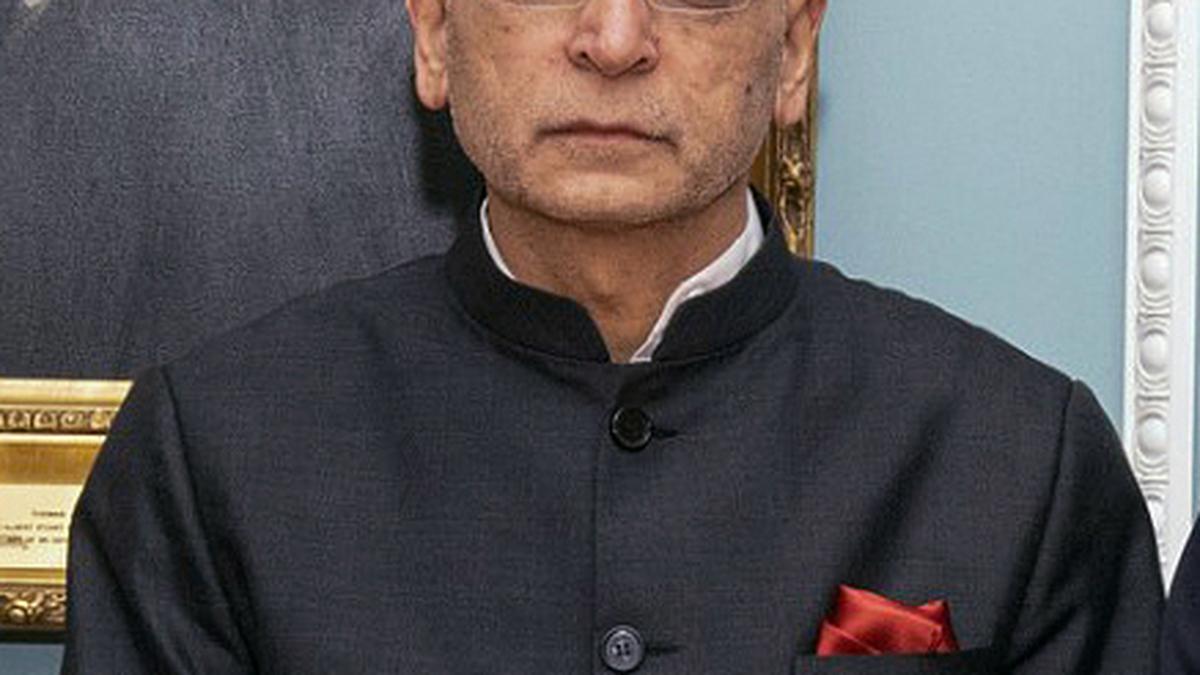India and the United States have recently come together to strengthen their collaboration in cybercrime investigations, as reported by the Ministry of External Affairs (MEA). This significant move took place just before the transition from the Biden administration to the upcoming Trump administration.
The Memorandum of Understanding (MoU) was officially signed in Washington DC on January 17, 2025, marking a new chapter in the bilateral relationship between the two countries. Indian Ambassador Vinay Kwatra and Acting U.S. Deputy Secretary of Homeland Security (DHS) Kristie Canegallo were the key signatories in this agreement, showcasing a commitment to combatting cyber threats on a global scale.
According to the MEA, this agreement paves the way for enhanced cooperation and training between the relevant agencies of both nations. Specifically, the focus will be on leveraging cyber threat intelligence and digital forensics in criminal investigations, emphasizing the importance of staying ahead of evolving cyber threats.
In India, the responsibility for executing the MoU lies with the Indian Cybercrime Coordination Centre (I4C) under the Home Ministry. On the American side, the Department of Homeland Security (DHS) and its constituent agencies – U.S. Immigration and Customs Enforcement and Homeland Security Investigations Cyber Crimes Center – will spearhead the implementation of the agreement.
This collaboration signifies a shared commitment to strengthening cybersecurity measures and addressing the growing challenges posed by cybercrime in today’s digital age. By working together and sharing resources, both India and the U.S. aim to enhance their capabilities in investigating and countering cyber threats, ultimately protecting their citizens and critical infrastructure from potential cyberattacks.
As the world becomes increasingly interconnected and reliant on digital technologies, the need for robust cybersecurity measures has never been more crucial. By joining forces in this domain, India and the United States are taking proactive steps to safeguard their respective interests and uphold the rule of law in cyberspace.
Overall, this agreement reflects a strategic partnership between two key players in the global cybersecurity landscape, setting a positive example for international cooperation in combating cybercrime. As threats in the cyber domain continue to evolve, such collaborations are essential to stay ahead of malicious actors and protect the shared interests of both nations.


